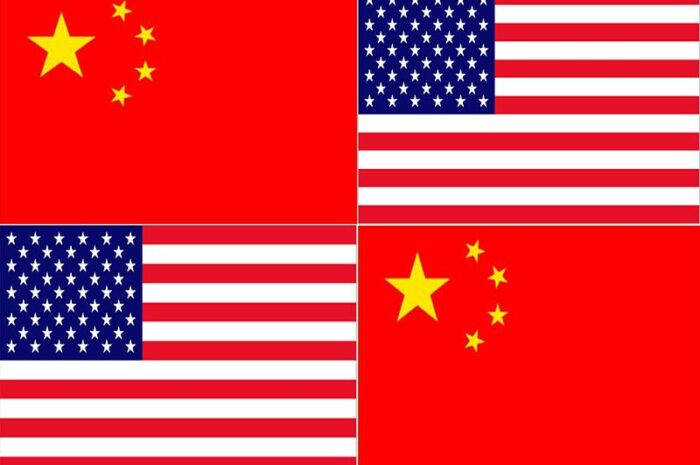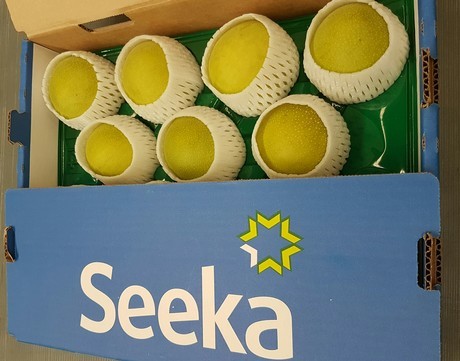Over 50 stakeholders discuss key issues at annual AHEIA forum in Melbourne
Some of the leading decision-makers involved in Australia’s international fresh produce trade gathered in Melbourne yesterday for the Australian Horticultural Exporters’ and Importers’ Association (AHEIA) Industry Forum.
A wide-ranging programme covered some of the key issues facing the sector, including biosecurity, regulatory processes and improved market access.
Senator Bridget McKenzie, Australian minister for agriculture, delivered the opening address via video link. The morning session continued with presentations from David Ironside, Deb Langford, Mick Mihalenko and Malcolm Keen from the Australian Department of Agriculture.
Following a break for lunch, the afternoon session began with an examination of trends in global fresh produce trade through a presentation from Wayne Prowse of Fresh Intelligence Consulting. Prowse told the audience that 83m tonnes of fresh produce was traded across the globe in 2018, with Australia exporting some 499,521 tonnes of fresh fruit and 232,991 tonnes of fresh vegetables.
Prowse said over 60 per cent of Australian exports were shipped directly to protocol markets in 2018. China led the way in terms of market share, with 34 per cent of Australian fresh produce exports destined for the People’s Republic.
The acceptance of irradiation as an approved phytosanitary treatment under several new and renegotiated protocols is being viewed as a key driver for Australia’s export growth, particularly in Asia. Ben Reilly of Steritech, a company that has pioneered irradiation treatment in Australia, told the audience that his company has seen a substantial lift in the volume of fruit it handles across all categories over the past 12 months.
The demand has been so great that Steritech has now developed a second treatment centre on the outskirts of Melbourne. The new facility will provide better access to irradiation treatment for crops predominantly produced in south-east Australia, such as cherries and table grapes, while its proximity to Melbourne Airport (25km away) ensures a short transit time for airfreight.
The forum rounded out with a presentation from AHEIA chief executive Andréa Magiafoglou, who outlined the association’s key objectives for the year ahead. Magiafoglou said the forum remained an important date on the calendar for AHEIA members.
“The AHEIA AGM and Industry Forum are designed to connect members, update industry on the state of the global market and hear directly from Australian Government representatives involved in horticulture trade,” Magiafoglou explained. “This year attracted over 50 stakeholders, and speakers covered a variety of topics spanning global trade data, and regulatory processes in horticulture trade.”
Source: http://www.fruitnet.com/produceplus
Author: Matthew Jones
Related News & Updates
Become a Member
Join AHT
We’re the peak industry body for Australian Horticulture Trade. Joining AHT helps us advocate for you & the greater good of the industry.
Benefits OF joining
- Representing you, monitoring developments and potential threats to imports & exports
- We work on your behalf on solutions & opportunities to facilitate and maintain trade
- Be kept up to date with important issues affecting horticultural imports & exports



